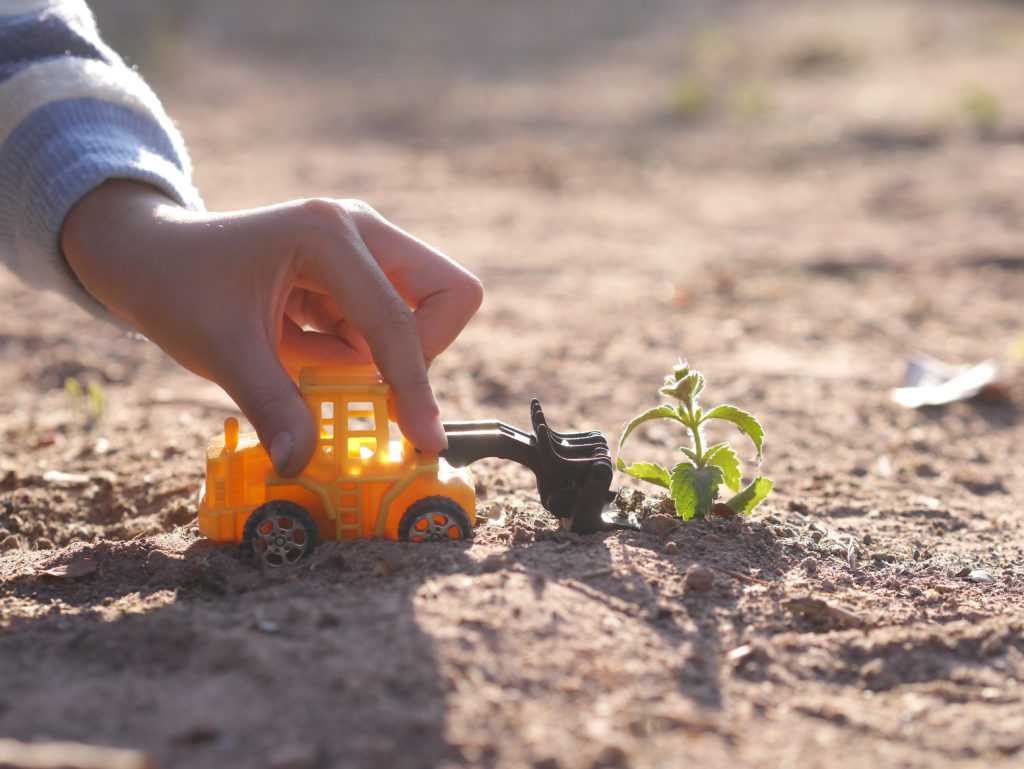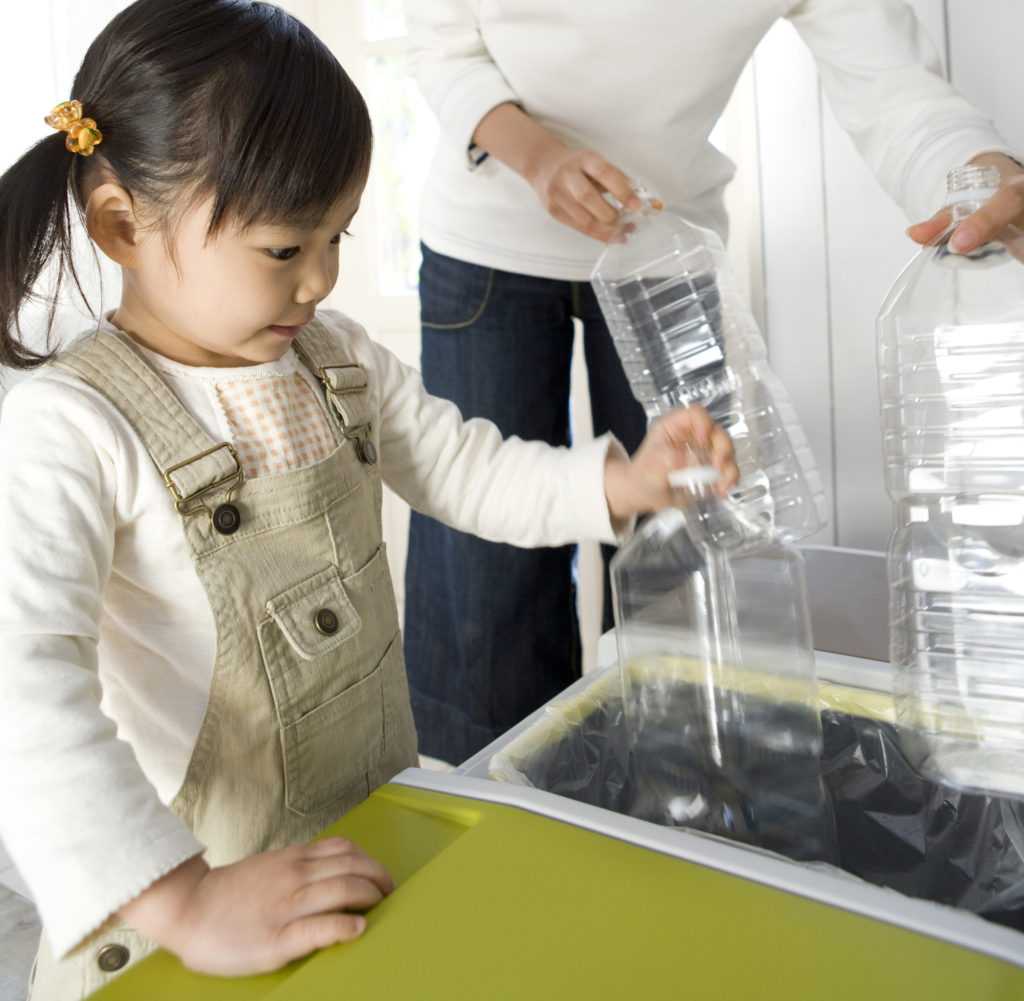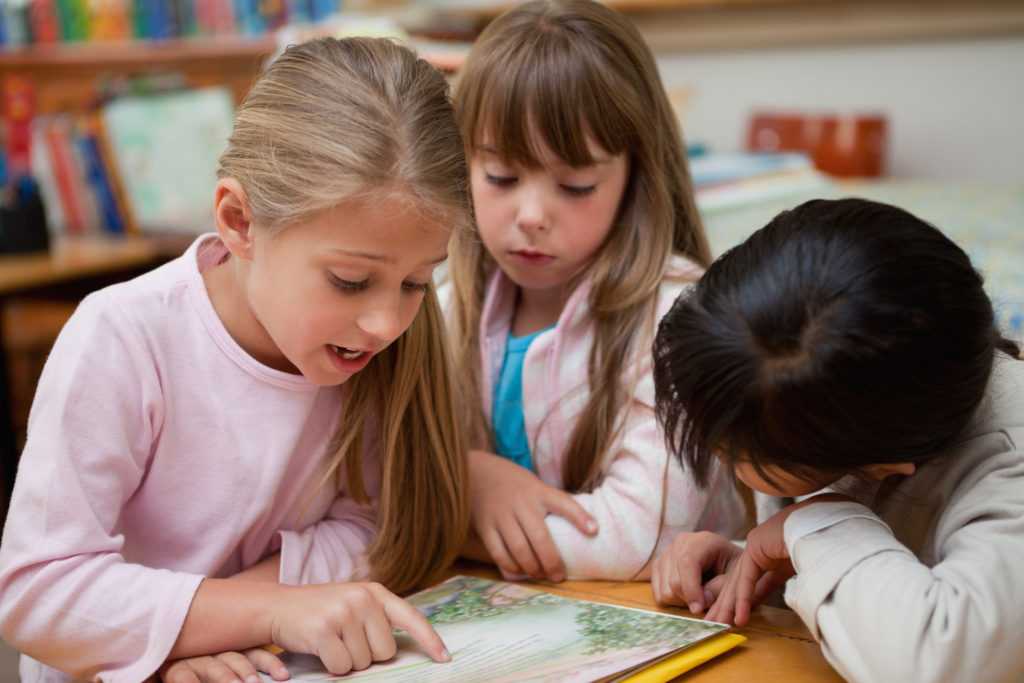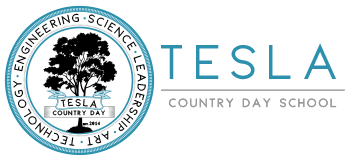Curriculum
When the imagination is aligned with significant learning, the creative outcomes are extraordinary.
TESLA Country Day has a culture exemplifying meaningful learning, positive relationships, engagement, caring for one’s environment, and valuing personal and global well-being.
Students use technology tools much as professionals do; to communicate, collaborate, conduct research, analyze, create, and publish their own work for authentic audiences. Instead of writing book reports, for instance, students in a literature project might produce audio reviews of books, post them on a blog, and invite responses from a partner class in another city or country. Our students are entrepreneurs, creating their original inventions and patents (child style) at an early age. Through studying business, interviewing business owners, creating business plans, and designing original inventions- TESLA kids realize their ability to make an impact.
Watch out Shark Tank! TESLA kids are coming for you!

Some examples of modules include:
Physical Science
Scientific Reasoning
Earth Science
Construction
Transportation
Machines
Numbers
Environment
Communication

For example:
How can we reduce our school’s carbon footprint?
How safe is our water?
How can we make dirty water clean?
What can we do to protect a special plant or species?
How do we measure the impact of disasters?
Social and Emotional Learning
Social and emotional skills are the essential skills for success in school, work, and life. This type of learning centers the mind and body, thus reducing emotional tension so that students can be open to new content and new material. Academic outcomes increase exponentially when students feel calm, capable, nurtured, and cared for. If we expect students to be college and career ready, it is important that we focus on these skills and competencies during the developmental years. These skills include: self-awareness, self-management, social awareness, relationship skills, responsible decision making, resiliency, and gratitude.
Social and emotional learning teaches students to be productive citizens, to practice valuable life skills, and to be resilient. Students will become good communicators, cooperative members of a team, effective leaders, and caring, concerned members of their communities. These are precisely the skills that today’s employers consider important for the workforce of the future. On a macro level- the well-being of our planet and its citizens depend on it.
The founder of the school, Dr. Rey, discovered in her doctoral research that gratitude and well-being are predictors of academic success. Based on her study, higher levels of gratitude and well-being contribute to higher levels of self-efficacy and components of self-regulation. Previous research has indicted that self-efficacy and self-regulation are two of the greatest predictors of academic success.
Self-efficacy is one’s belief about their capabilities to produce designated levels of performance that exercise influence over events in their lives. Meaning, self-efficacy beliefs influence how students feel, think, motivate themselves, and behave.
Around 18% of the variance in how well students believe they can perform in school is related to well-being and gratitude…that is exciting! We can teach those skills to young learners! These skills create a foundation for life-long learning and personal well-being. The school will have a strong emphasis on increasing students’ self-efficacy, self-regulation, resiliency, the appreciation of nature, our planet, and the little things that make life enjoyable.










